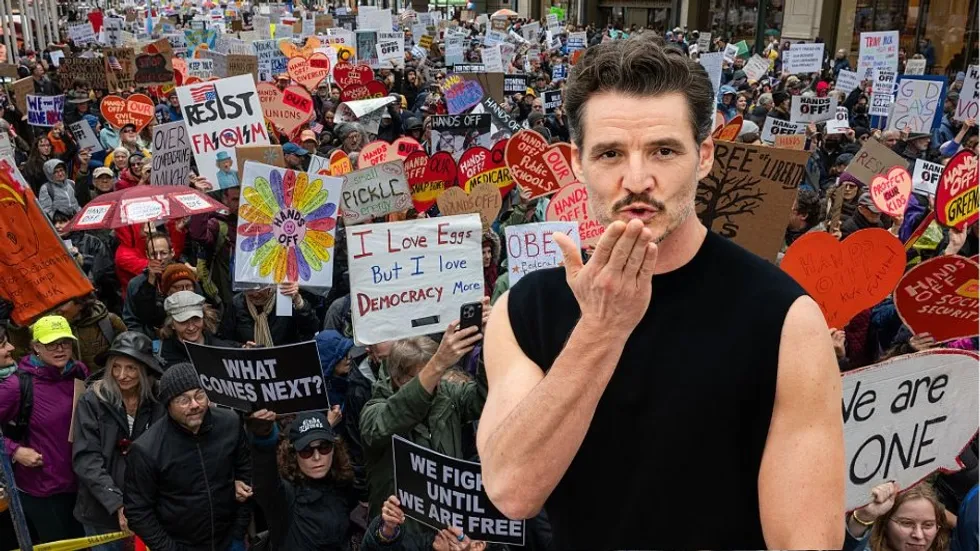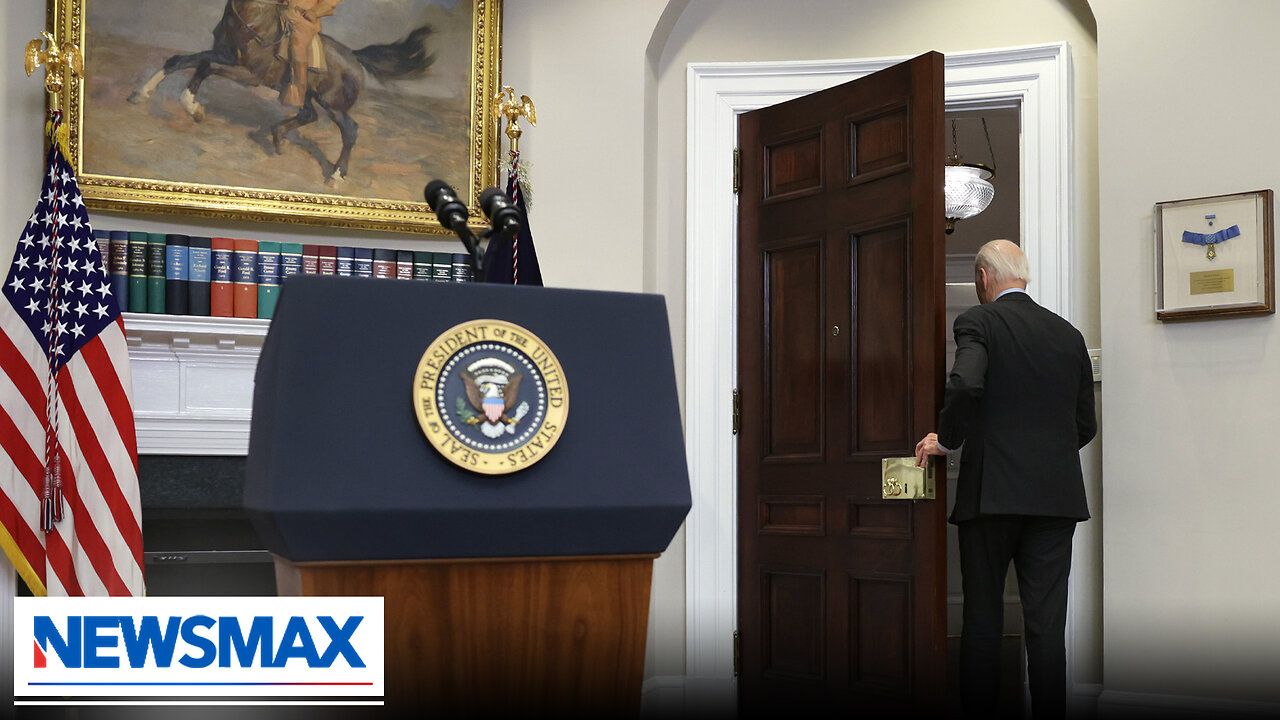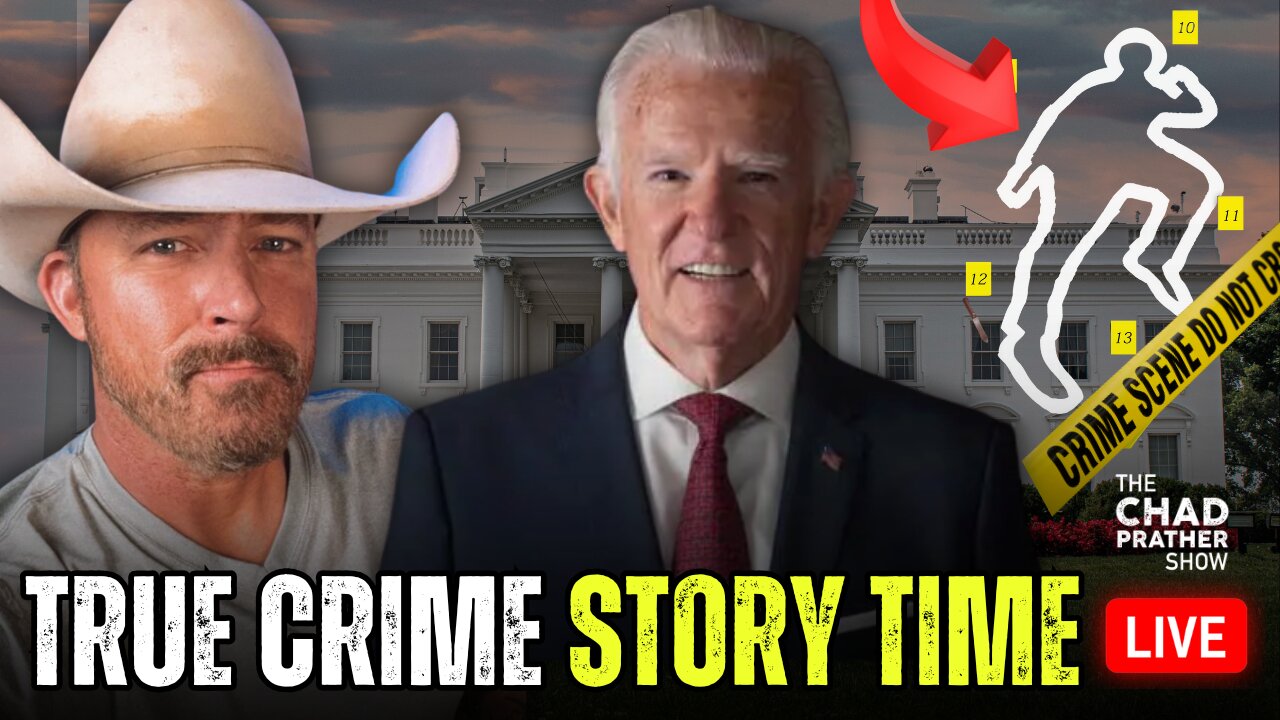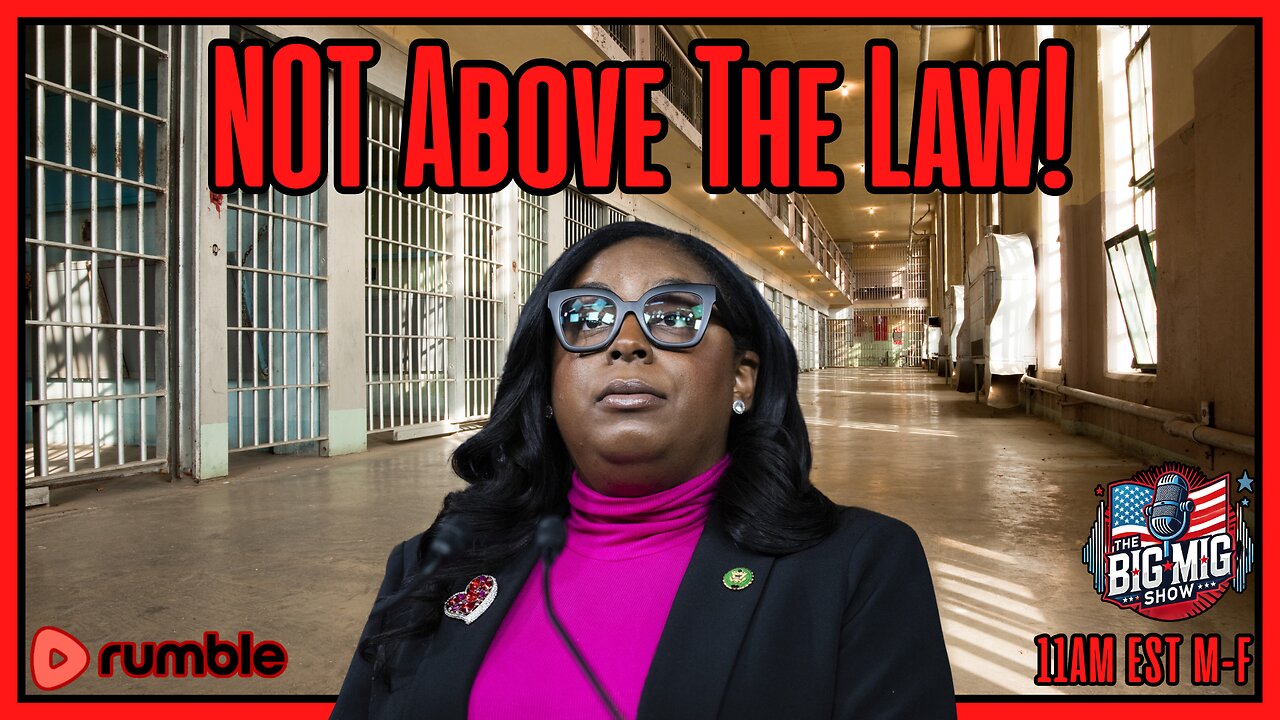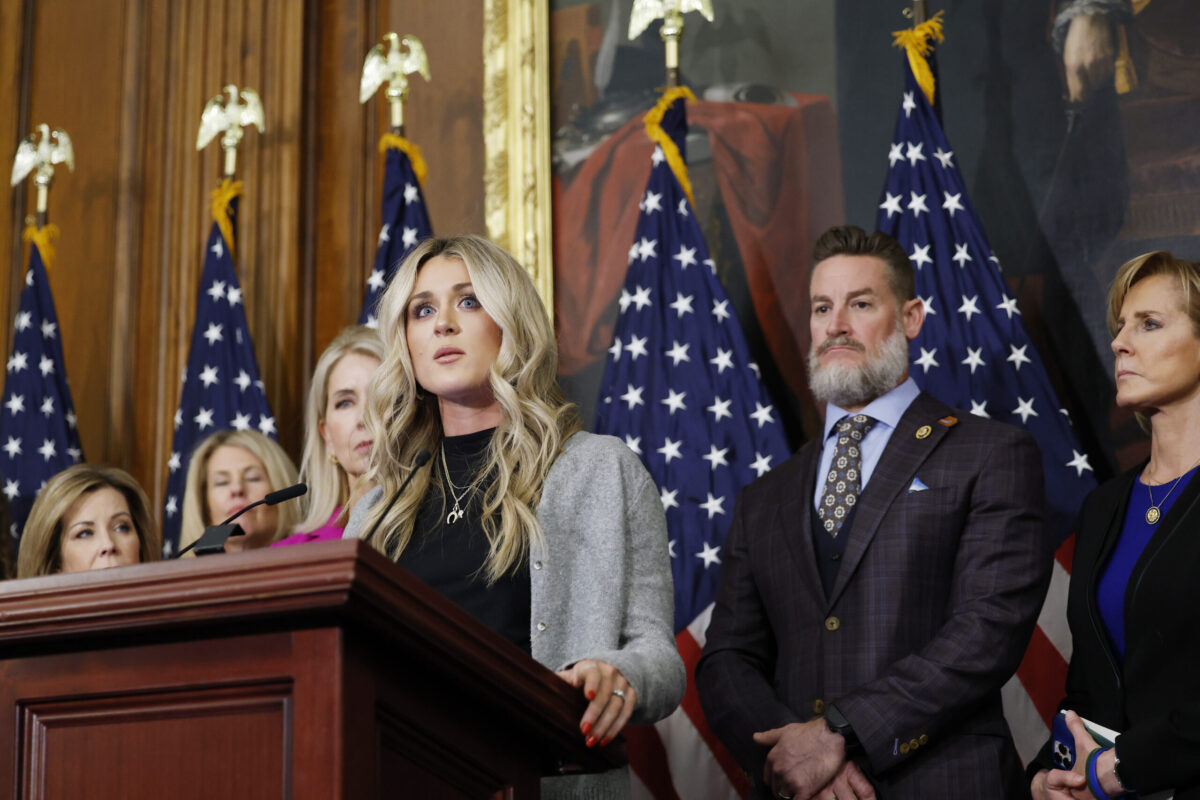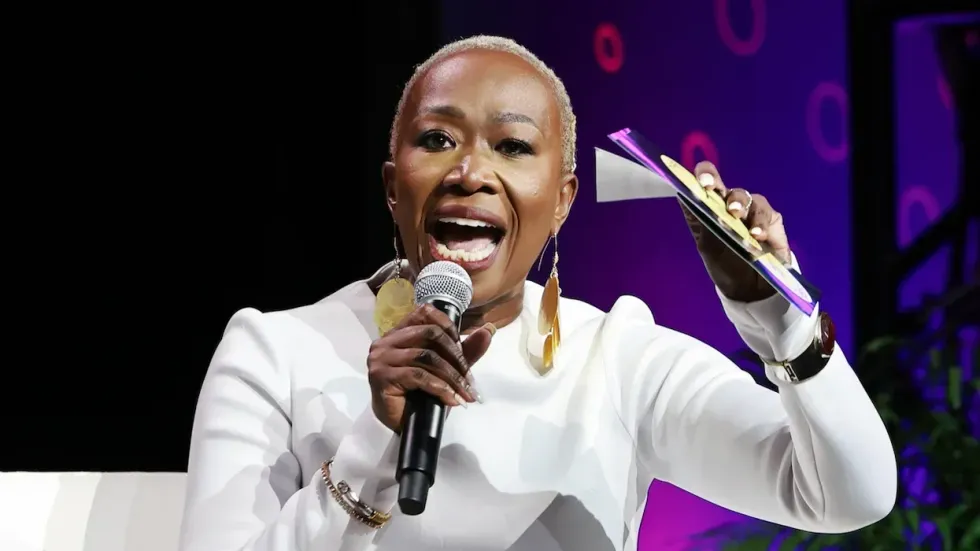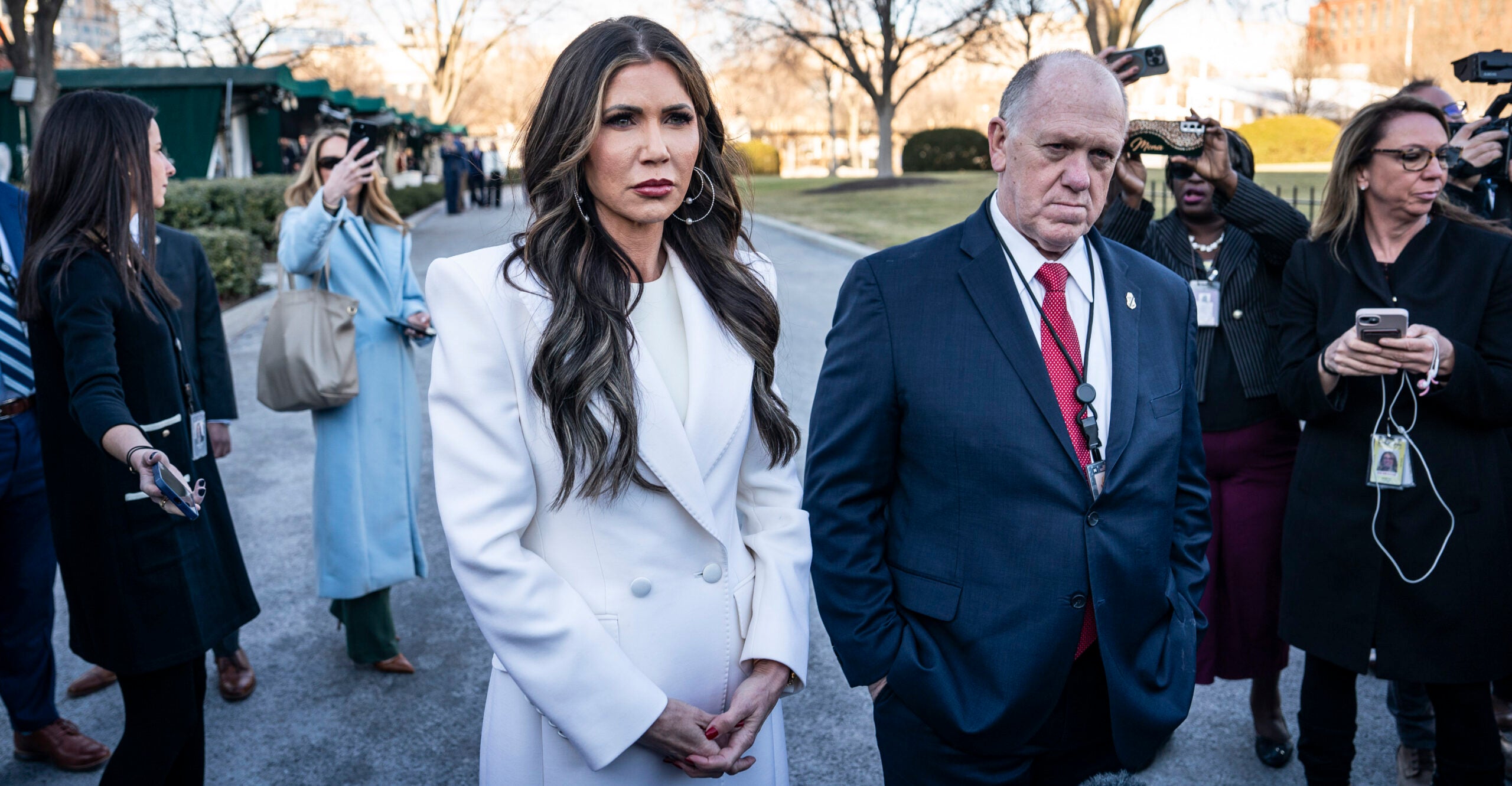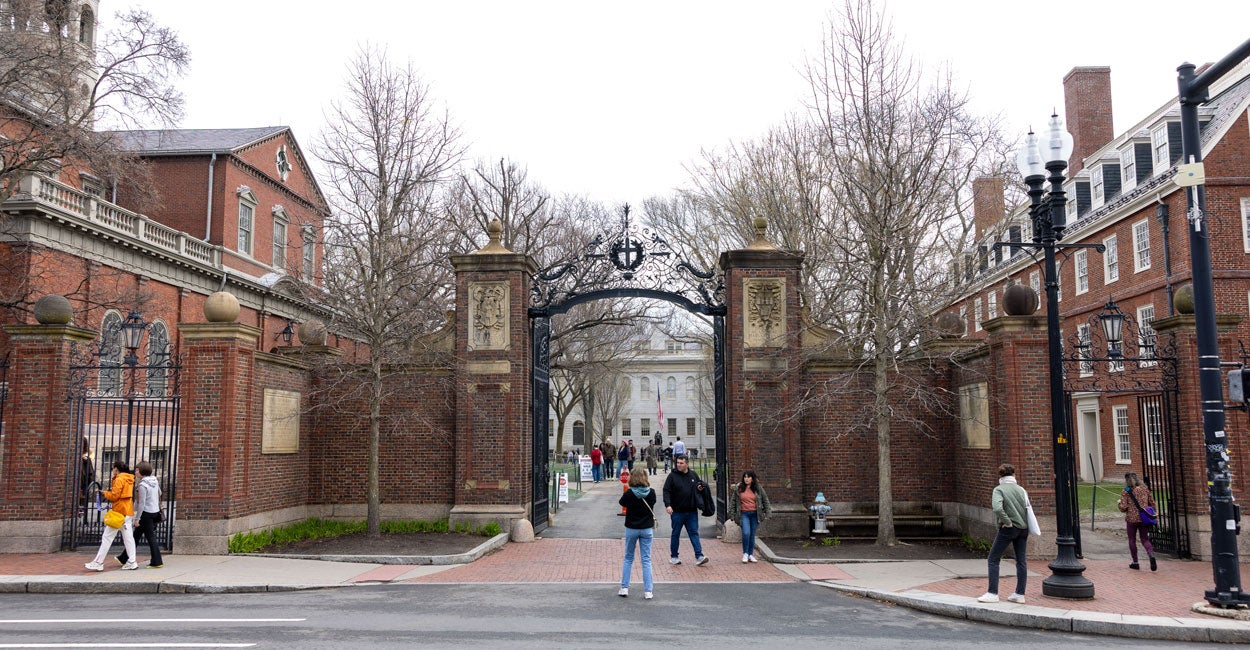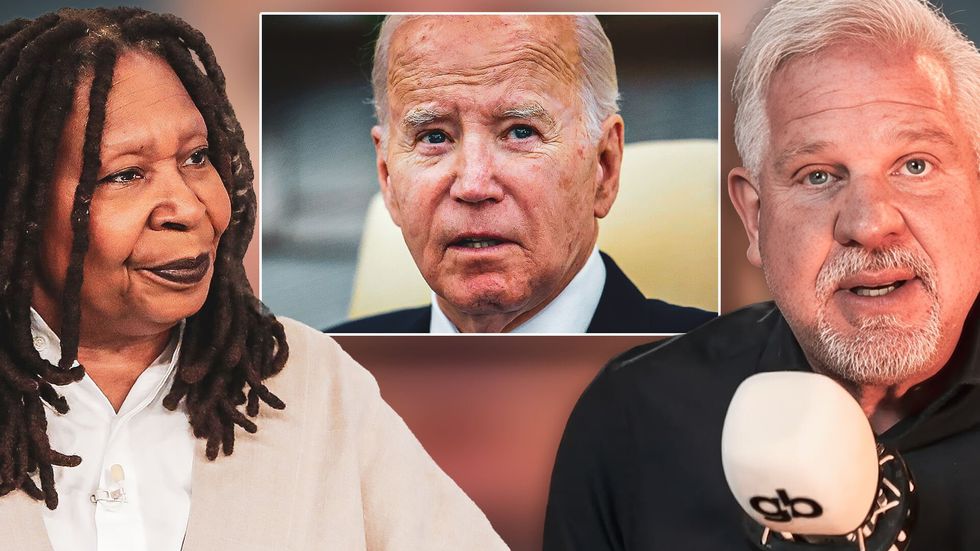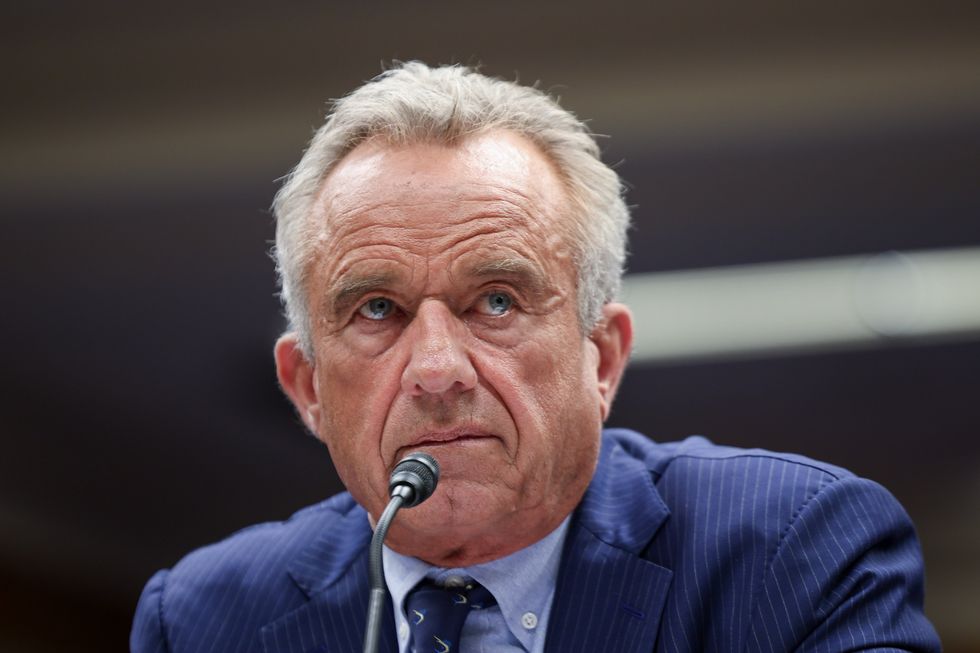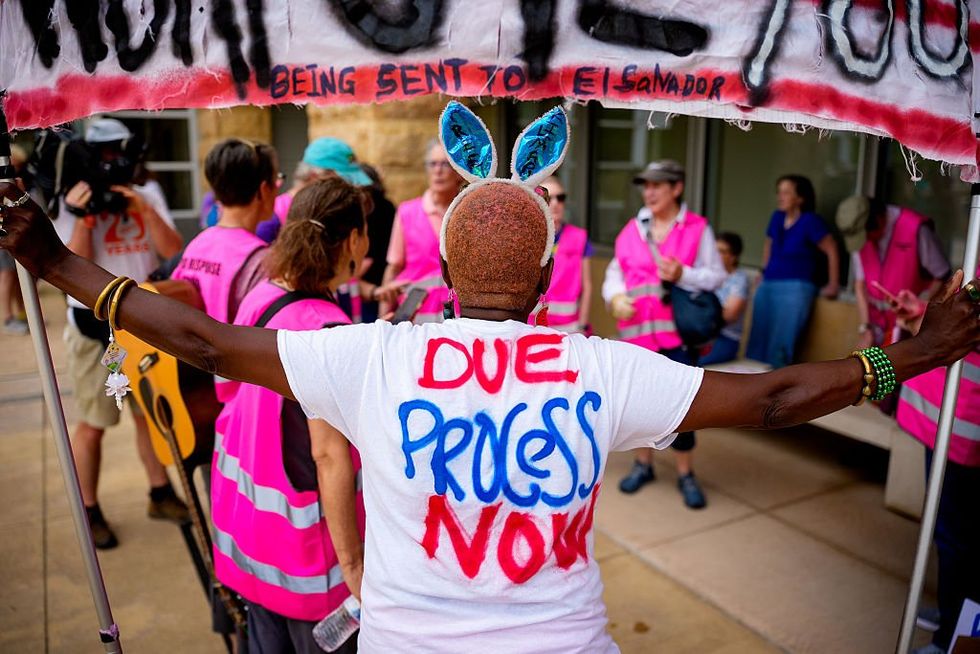ADF chief says Trump win is ‘tipping point’ in culture wars



It was a blustery December day in Washington, D.C., as hundreds of pro-LGBTQ+ protesters and conservative activists opposed to medical gender transitions for minors clashed outside the Supreme Court. Both sides showed up Wednesday to try to influence the high court’s decision-making in a landmark case that will determine whether states can ban puberty-blocking drugs, hormone treatments, and gender surgeries for minors.
The case landed in the high court after the American Civil Liberties Union sued the state of Tennessee over its spring 2023 passage of a measure banning medically assisted gender transitions for minors. The Biden administration intervened on the ACLU’s behalf, claiming the law violates the Constitution. The case began as L.W. v. Skrmetti, with parents Samantha and Brian Williams and their trans teen, known as L.W., and two other children squaring off against the state of Tennessee, represented by its attorney general, Jonathan Skrmetti.
Inside the court room Wednesday, Chief Justice John Roberts and Justice Samuel Alito cited several European countries that have placed restrictions on medically induced gender transitions for minors and calmly dissected the common argument from advocates of the practice that the drugs and surgeries help prevent suicides of children and teens with gender dysphoria.
Alito asked about the Cass Review of England’s gender services for children and young people, which called for more caution in providing medically assisted gender transitions and was used as the basis to restrict the prescribing of puberty blockers to children under 18 years old in the U.K.
“On page 195 of the Cass report, it says there is no evidence that gender affirmative treatments reduce suicide,” Alito stated.
ACLU attorney Chase Strangio conceded that there are no studies showing a reduction in “completed suicides,” which he said are thankfully rare, but argued that other studies do show a reduction in suicidal ideation, which he described as a “positive outcome to this treatment.”
The obvious skepticism by the court’s conservative majority spurred headlines that the high court would likely uphold the Tennessee ban, meaning similar restrictions in 25 other states also would remain protected from legal challenges.
Alliance Defending Freedom CEO, president and general counsel Kristen Waggoner was in the room for the oral arguments and afterward appeared buoyed by the direction the decision appeared to be headed.
“We felt good about it,” Waggoner told CNN. “We’ve had a number of constitutional cases before the court, and you never want to speculate about what it will do. But in listening to the questions, I think what was very clear was that the U.S., the Department of Justice, was quickly walking back any allegation or suggestion that there’s overwhelming scientific support for this, because there’s not.”
The Alliance, or ADF, describes itself as the “world’s largest legal organization” fighting for parental rights and against abortion, censorship, trans individuals participating in women’s sports, and legal challenges to religious liberty. ADF filed an amicus brief in support of the Tennessee law, and the group also is serving as co-counsel in defending similar laws in Alabama and Idaho against the Biden administration’s challenges.
Waggoner, perhaps best known for serving on Mississippi’s legal team in Dobbs v. Jackson Women’s Health Organization, which overturned Roe. v. Wade, has prevailed in 13 other Supreme Court cases in recent years. Her courtroom success in arguing thorny, high-profile conservative cases has earned her plaudits among Donald Trump’s advisers and a coveted spot on the president-elect’s shortlist for key judicial appointments or even the Supreme Court, if Alito, 74, or Justice Clarence Thomas, 76, decide to retire.
Waggoner sat down with RealClearPolitics shortly after the election to reflect on Trump’s win and what it means for the cultural fights she and ADF have been waging in recent years.
RCP: Did you feel your organization played a role in the election of Donald Trump and the successful Senate races that handed Republicans majority control of that chamber?
Waggoner: I think it depends on what you mean by that. I think that our issues that we’ve been working on for many, many years, in the election and with polling seem to have been determinative for some voters. You know, to see that the issue of gender ideology played such a prominent role for many Americans was satisfying and in many ways reinvigorating. I mean, we’ve been doing this work for so long to see that people are starting to hear it, to see it, to know that there’s an ideological war being waged against our children, and that we have to put an end to it, is incredibly encouraging in this moment.
RCP: Are you and ADF playing any kind of a role in Trump’s presidential transition plans or nominations?
Waggoner: That’s not something that we traditionally talk about. There are a number of groups that are doing all they can to assist in the transition team and also to get the right people in the right places. [We’re] committed to doing all we can, not just in terms of a list of potential jurists, but in the right seats in the federal government to make meaningful change.
I think Americans are getting tired of the whiplash of different administrations and policies just changing 180 degrees, particularly in the areas that we work on with regard to parental rights, with regard to gender identity and censorship. I was pleased to hear in both the run-up to the election and after the election, President Trump continue to commit to those three areas as very significant areas for his administration.
RCP: President Trump reportedly had a falling out with the Federalist Society, an influential conservative legal organization that played a key role in helping him choose judicial appointments during his first term. Do you think ADF will help fill that vacuum and play a bigger role in those decisions during Trump’s second term?
Waggoner: My hope is that President Trump will keep the promises that he made, and those promises focus on stopping censorship and stopping gender ideology in all the ways that it plays out through the federal government and in the way that it is devastating families and children, and in reinforcing parental rights in this country. And I am hopeful that the appointments that he will make will confirm that. What I told our team and what I tell our ministry friends, is what’s most important now is what happens next. And we don’t know what will happen next. I only know what we will do, and that is that we will make every effort to ensure that those promises are kept, and we will continue to litigate, and we will continue to try to pass good laws that protect the rights of Americans, and to do all we can to encourage others to do the same. I think our track record speaks for itself in in how that will play out.
I continue to be encouraged that we are at a tipping point, and that tipping point didn’t come by happenstance. It came through intentionality, the power of Americans telling the stories and saying enough is enough. So, we need to keep that momentum going.
RCP: Can you give me an update on some of the cases you have pending at the Supreme Court right now? I know you have several petitions for certiorari, or cert petitions, asking the high court to weigh in after ADF exhausted legal options at the state level.
Waggoner: We have six cert petitions that are pending right now, which is the most that we’ve ever had at the Supreme Court. Two of those have to do with women’s sports. When we started this, not only were there no laws in place, [some of our clients were] getting brutally canceled in so many different ways. So, we’re hopeful that the court will uphold these laws where states have taken action to protect women and girls …
We also have this Skrmetti case. When we started working with state legislatures to ensure that these dangerous drugs and medical experiments weren’t taking place on minors, legislators were reluctant to stand up because they were uncertain. And of course, we want to treat everyone with dignity and respect. But I think there was a reluctance to really understand that you’re actually harming these kids, and you’re treating the women and girls – you’re disrespecting their rights.
… One caution that we have raised with anyone who would listen to us is that the federal government – it’s supposed to be a government of limited power, and that these battles will continue beyond an administration, because the federal government can’t resolve all of them, which means that it’s more important, more and more important, for Americans who now understand these issues to insist that we are protecting these rights at our state and local level.
RCP: After the election, Rep. Seth Moulton, a Massachusetts Democrat and father of two girls, pressed his party to rethink its approach to transgender issues, especially as it relates to transgender athletes’ participation in girls’ and women’s sports. Do you think the Democratic Party is capable of changing their positions on these issues? So, do you think some Democrats are more amenable to working across the aisle with groups like yours on the issue of protecting girls’ and women’s sports and possibly other areas of agreement?
Waggoner: I hope there are people we can work with in that party. I long for the days when you could reach across the aisle and agree on some of these core issues. It’s deeply troubling about what it signals for the future of our nation that we can’t agree that we should all be able to speak freely, that the First Amendment means that the government can’t silence or punish dissent, that we are going to weaponize the justice system. We have to get back to a place where we recognize that there are core rights that all Americans have, including those who are opponents, and so I hope for that day.
RCP: What is your reaction to California Gov. Newsom and other blue-state governors threatening to engage in a legal war against the Trump administration when it comes to transgender rights, among several other issues? Newsom has been aggressively fighting school boards across California, threatening them with civil rights investigations and lawsuits if they pass policies requiring schools to notify parents if their children are gender transitioning at school. Newsom this year also signed two bills that punish social media platforms for allowing certain political commentary and forces them to monitor and remove the content.
Waggoner: We intend to make states pay for violating the rights of Americans. Our recent settlement in the 303 Creative case, which was at $1.5 million [and which centered on whether states’ anti-discrimination laws can force web designers and other businesses to create works recognizing same-sex marriages in violation of their religion or values], demonstrates that we will be seeking damages whenever we can in lawsuits, because this has to stop. There has to be a price to pay to silence people, to punish them for expressing their view, and California has been at the tip of the spear in terms of censorship.
Our lawsuit related to the [political satire website and X.com account] Babylon Bee, which was just a few weeks ago. We got a preliminary injunction on that. What a draconian law California passed to try to censor speech and only protect politicians as they do so. So again, we are committed to continuing to ensure that good laws are passed, but also to ensure officials and local officials have to pay a price for violating the Constitution. I think that’s the one of the main ways we’ll see this stop.
But another way is Americans have to stop being willing to be silenced because of fear of cancel culture. And that may be one of the best things that happened in this election, is that the lid is blown off, and people [are saying] I’m no longer going to be shamed for believing in biological reality or common sense, and I’m going to speak out, because there’s too much at stake.
RCP: On a more personal note, what do you think about the closer relationship developing between Speaker Mike Johnson, a former longtime ADF attorney, and President-elect Trump?
Waggoner: It’s a wonderful opportunity in this moment to ensure that we are advancing the right to be able to live and speak the truth. And I believe that Speaker Johnson is committed to that, as President Trump is. I’m hopeful [Trump] will again keep the promises that he’s made, and my hope is that Speaker Johnson will help him do that in the areas that we’ve discussed.
Speaker Johnson was an ADF attorney and on our team for a number of years. We’re delighted that he is in the position he’s in so that he can protect the American people. I hope that he stays strong and keeps his focus on the North Star, which is protecting the constitutional rights of Americans.
RCP: Your name has been mentioned in several media reports as being on Trump’s shortlist for several key judicial appointments and even the Supreme Court if a vacancy occurs during Trump’s second term.
Would that be something you would accept if offered?
Waggoner: Yes, absolutely. It’s just a privilege to be among such quality individuals who are also on the list.
What's Your Reaction?
 Like
0
Like
0
 Dislike
0
Dislike
0
 Love
0
Love
0
 Funny
0
Funny
0
 Angry
0
Angry
0
 Sad
0
Sad
0
 Wow
0
Wow
0


